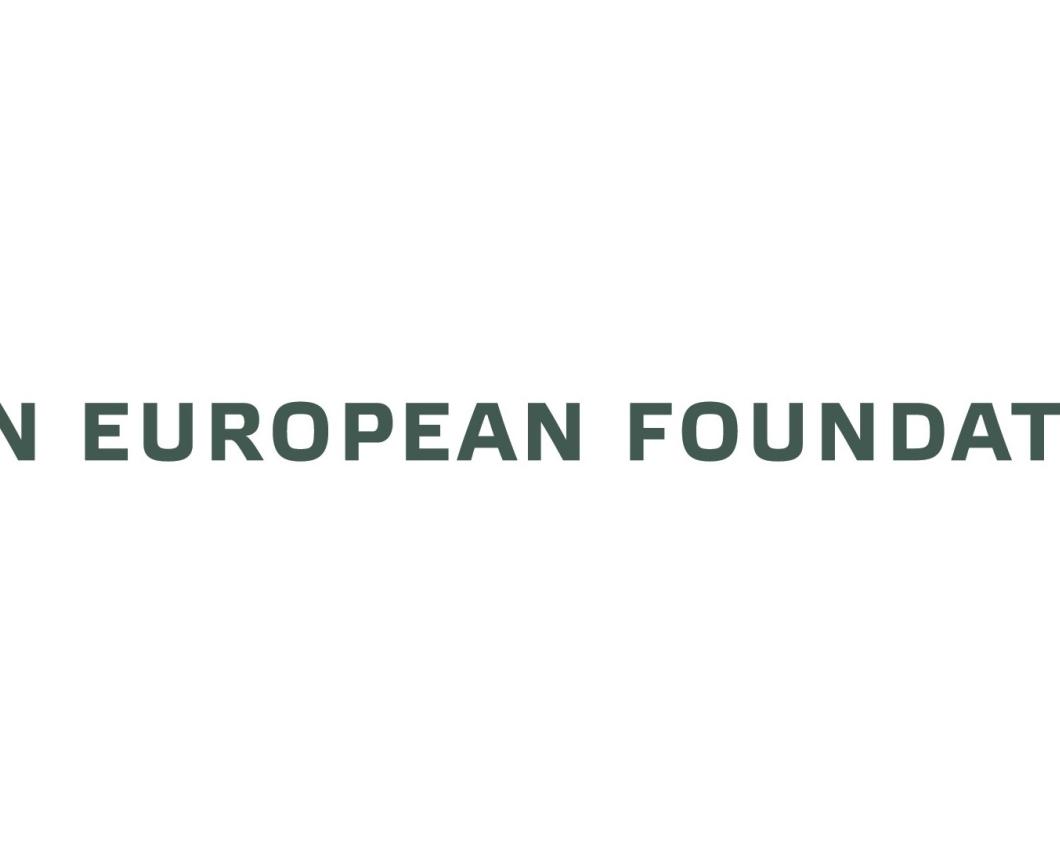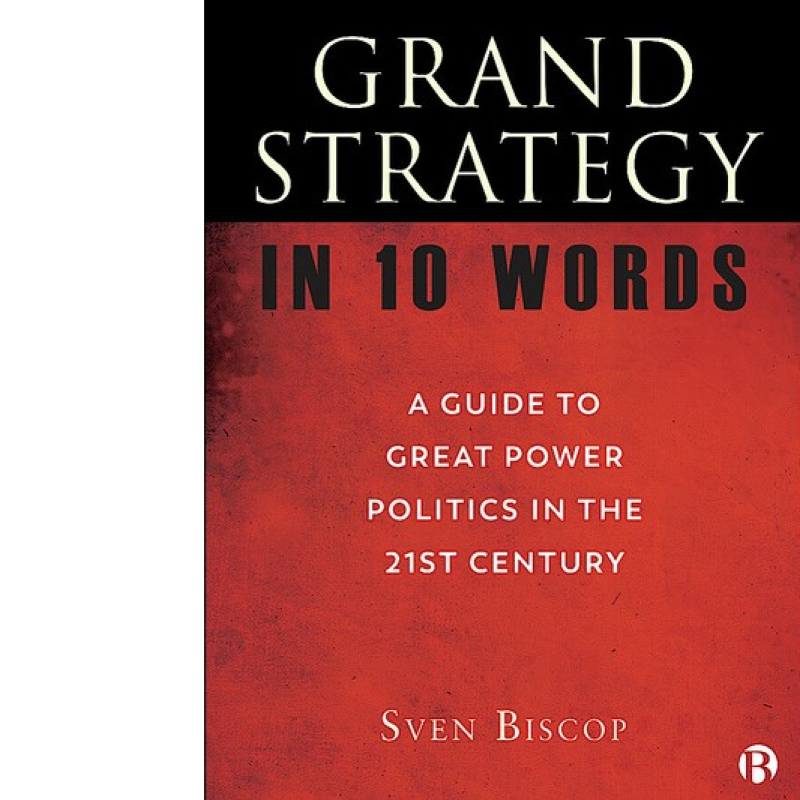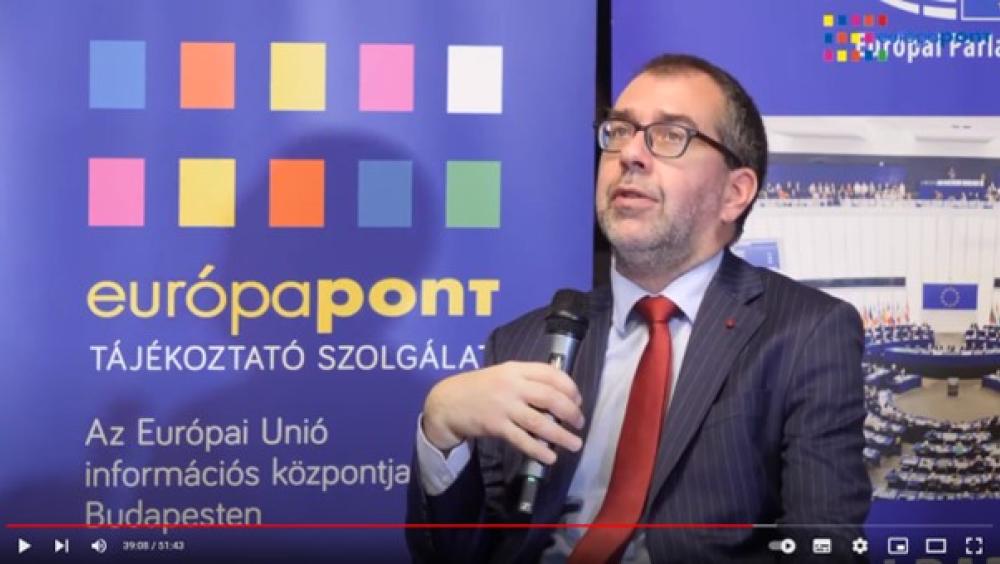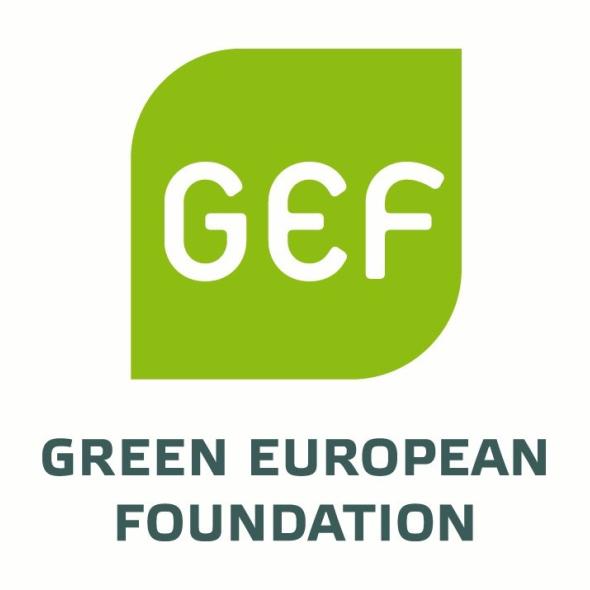You can say: we are building the perfect society in Europe, but if you don't have the power to defend it against rivals, what good is it? Then your model will be eroded.
There is also an internal dimension to it. With the green transition, and certainly with degrowth, we have to be careful not to create a new imbalance even within our own borders. There is always the risk that the measures you take can easily be borne by those who are already well-off, while the less well-off are hit hard. I always say: security policy is external as well as internal. You cannot be an effective external player if you don’t have internal stability. We guarantee that internal stability through the welfare state, with a certain degree of equality and democratic control. Without that stability, in times of crisis, extreme solutions suddenly become attractive.
Ultimately, the biggest threat to our security is internal. It is very difficult for an external actor to bring down the EU. But if we start voting en masse for non-democratic parties – which are already in power in Hungary and Poland – we can bring down ourselves. To avoid that, we need to preserve internal balances. A functioning welfare state must redistribute what is available.
People often say: the EU is a peace project. Thanks to European integration, starting in the 1950s, the participating countries no longer wage war against each other. That is only half the story. The other half is that in those same 1950s, great strides were made in building the welfare state, in order to keep peace within each of those countries. For me, these are the two halves of the peace project: integration between member states, social security within member states.
The challenge now is that we have to make social security partly a European project as well, because we have a single market and a single currency, with labour mobility and so on. Some minimum conditions have to be agreed within the EU to keep all that manageable."
Public services such as social security and healthcare are pillars of the welfare state. The degrowth movement advocates high-quality public services. Should these include defence and diplomacy?
"Yes. It is often suggested in the public debate that we have a choice: guns or butter. That is a false contradiction. Why do we need defence? Because we have something worth defending. A model of society whose core is the combination of a welfare state and democracy. If that model cannot withstand external pressures, it will not survive for long. So we need a real but realistic defence: strong enough to defend us without consuming astronomical sums of money. In addition, of course, we need diplomacy, because the defence instrument alone will never suffice in international politics. Ideally, we need defence only for deterrence."
If the EU stopped pursuing economic growth, would member states cooperate better on defence?
"Hard to say. Even now, there is a strong argument for more European cooperation. The size of national armed forces has been greatly reduced and their equipment has become much more expensive. We are seeing total fragmentation, which is not cost-effective at all. Yet that economic argument, endorsed by all, is insufficient to achieve true defence integration. Governments still want to protect their own defence industry, and the armed forces are seen as a symbol of sovereignty. So although we have had a European defence policy since 1999, we still haven't made the big leap. I doubt the end of growth would trigger it."
Is the Russian invasion of Ukraine the big gamechanger?
"No, it isn’t. Rather, the war deepens the divide between EU member states. One camp says: in a crisis like this, we cannot do without NATO and the US, so what is the point of EU defence? The other camp says: if we want to exert influence in times of crisis, we can only do so through the EU. The result is stalemate.
Admittedly, the EU is now doing things that are unprecedented, such as jointly buying weapons for Ukraine. But supporting Ukraine's armed forces is not the same as accelerating the integration of our own forces. Of course, if joint arms procurement works for Ukraine, that is an argument for doing it for our own militaries as well. So I keep hoping for a breakthrough, but I’ve been disappointed many times over the past 25 years."
And what if Trump or a Trumpist returns to the White House?
"We had four years of Trump making crazy statements about NATO. That did not lead to a breakthrough in European defence integration. So I don't expect that either if Trump were to become president again, or one of his followers. Unless he were to say, 'We're disbanding NATO.'
The problem is: European countries don't trust each other. If you ask a Pole or even a Finn, ‘If Russia invades now, whom do you trust to come to the rescue?’, they will answer, ‘The United States’. So not France, Germany or the UK. Historically, this is strange: when Belgium was invaded in 1914, and Poland in 1939, who declared war on the aggressor? France and the UK, not the US. Those only came into the war much later.






Reacties
16 augustus 23
chris peeters
EU strategy
The interview says a lot about an EU strategy. But I feel in reality the Germans are very self-centered.
Take the visits of Scholz to China, the subsidies for production of microchips and batteries in Germany, the way Germany protects its car industry. I feel the SPD defends many connections with the German industry, and the Greens have no clear vision on German/EU industrial strategy.
Any discussion about a European defence production hangs in the air as long as Germany does not change course towards a European strategy. Alas the AfD is now growing fast with a rabiate anti-European discourse.
If we want to talk realpolitics we have to confront the developments in Germany very openly...